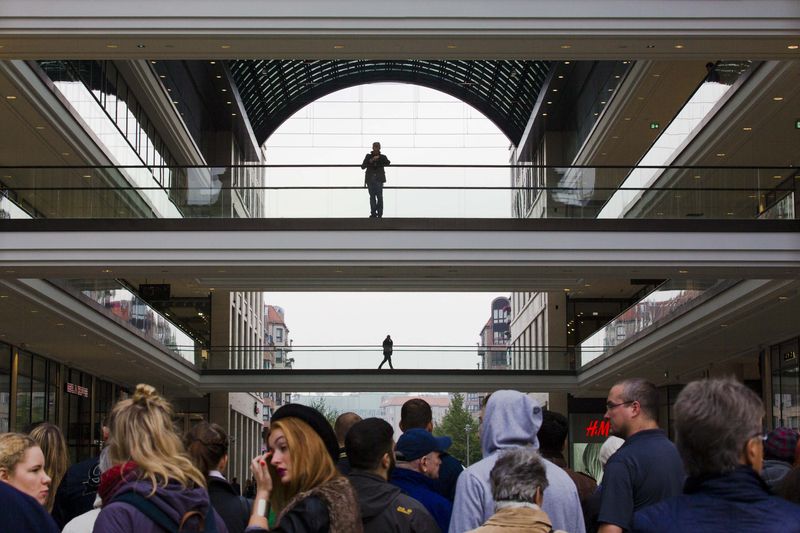(Adds comments from real estate agents, stamp duties in other cities)
By Julie Gordon
VANCOUVER, July 25 (Reuters) - British Columbia introduced a new 15 percent property transfer tax on foreign real estate buyers in Vancouver on Monday, one of new measures geared at increasing affordability in the city's red-hot housing market.
The new tax will drive up costs for foreign investors, mostly from mainland China, who have helped make Vancouver Canada's most expensive property market. It takes effect on Aug. 2.
The new law comes weeks after the province released preliminary data showing that foreigners invested some C$1 billion ($756.7 million) in British Columbia housing from June 10 to July 14, with about 86 percent of that in Vancouver.
Vancouver real estate agent Tom Gradecak, who specializes in neighborhoods popular with Chinese buyers, said he been flooded with calls from clients worried about sales that could fall through now because of the new tax.
"I don't know if (foreign buyers) will walk away. But one thing it will certainly lead to is less flipping, less speculation," he said.
Other agents said the dramatic new tax, introduced with little notice, could affect chains of property deals.
The cost of a typical home in the Vancouver area jumped 32 percent over one year to hit C$917,800 in June. Foreign buyers have taken the brunt of the blame for the runaway market, though factors like low interest rates also play a role.
The province's property transfer tax rates currently range from 1 percent to 3 percent, depending on the value of the home. Foreign buyers will now pay an additional 15 percent, with the province set to hire extra auditors to help enforce the new tax.
The tax echoes measures taken by cities like Hong Kong, Singapore and Melbourne, which have all introduced some sort of additional stamp duty on foreign buyers. said savvy buyers could find loopholes to avoid the tax, noting it would not capture foreign money flowing into the Vancouver market via newcomers with resident status.
The new measures are also meant to address concerns that offshore owners are snapping up homes as investment vehicles and leaving them empty, taking much-needed housing stock out of the market. Vancouver's vacancy rate is 1.4 percent, well below the national average of 3.5 percent.
The City of Vancouver will now be able to administer a tax on vacant homes. According to city data, there are some 11,000 homes that have been sitting empty for at least 12 months.
